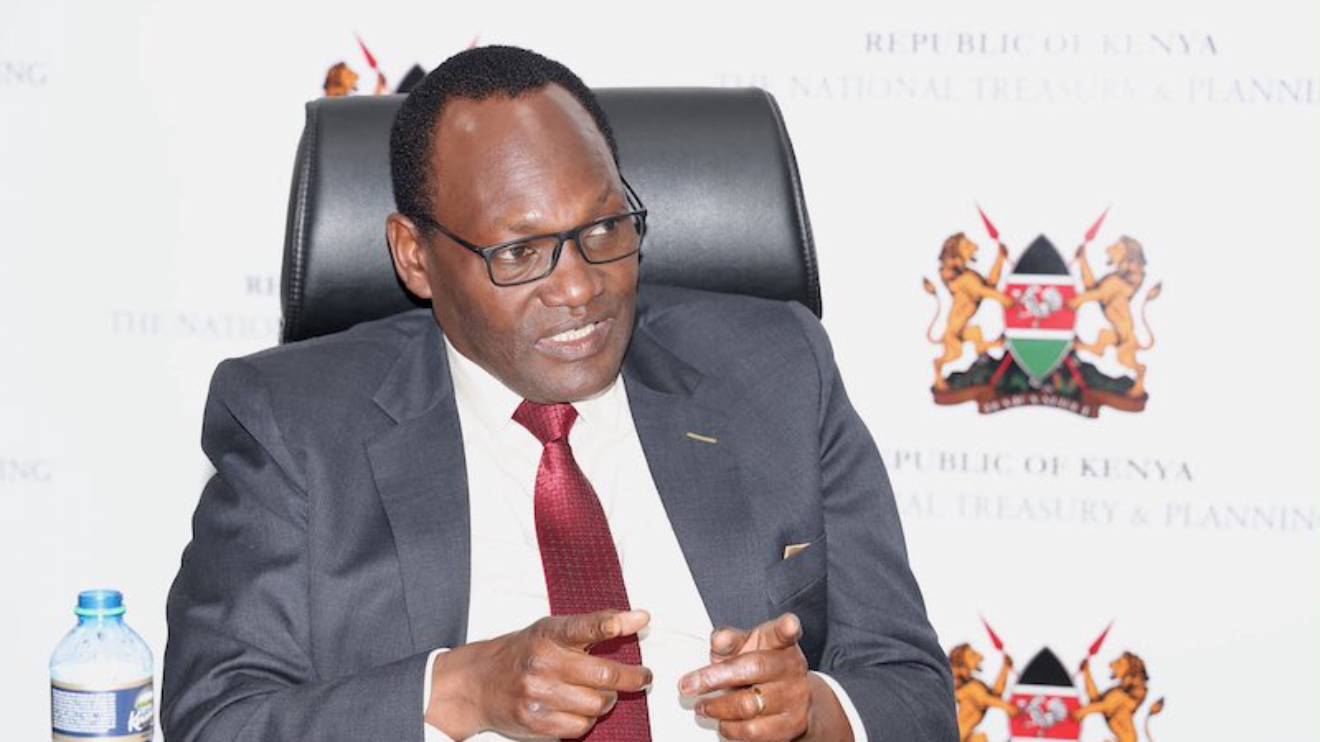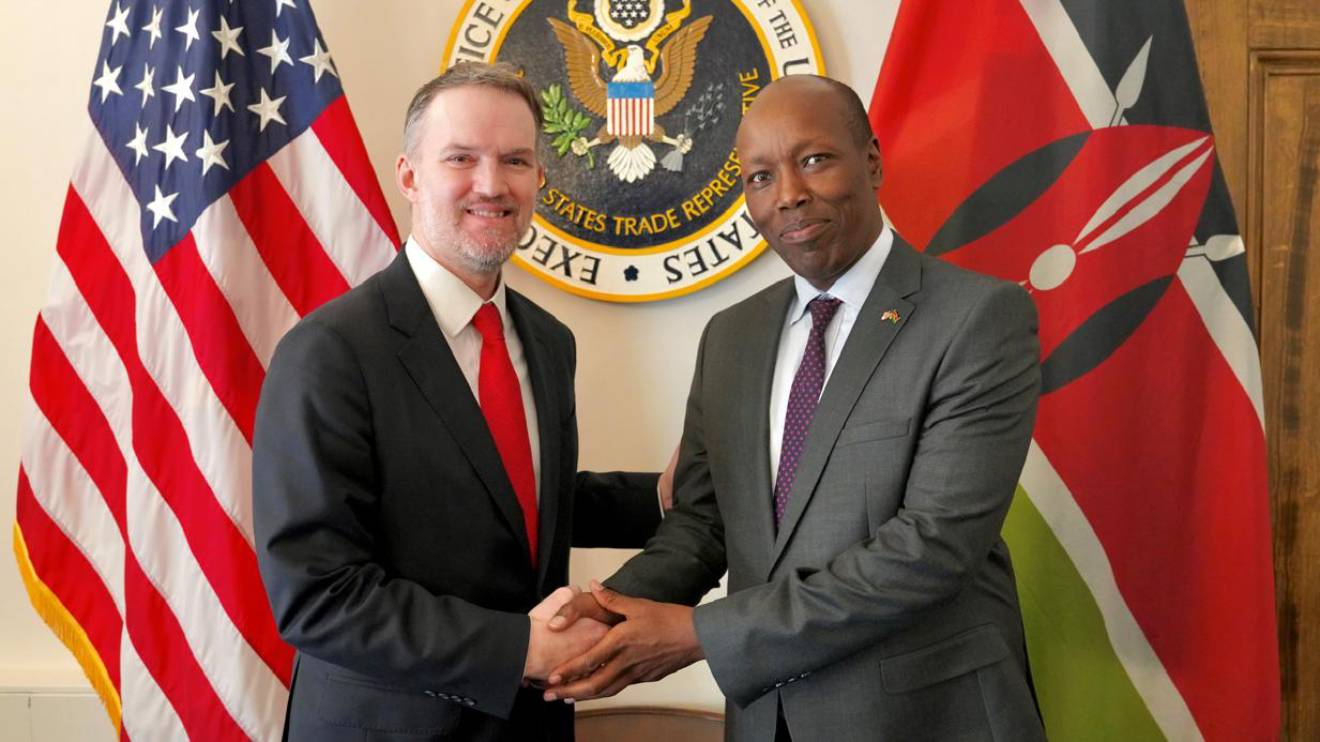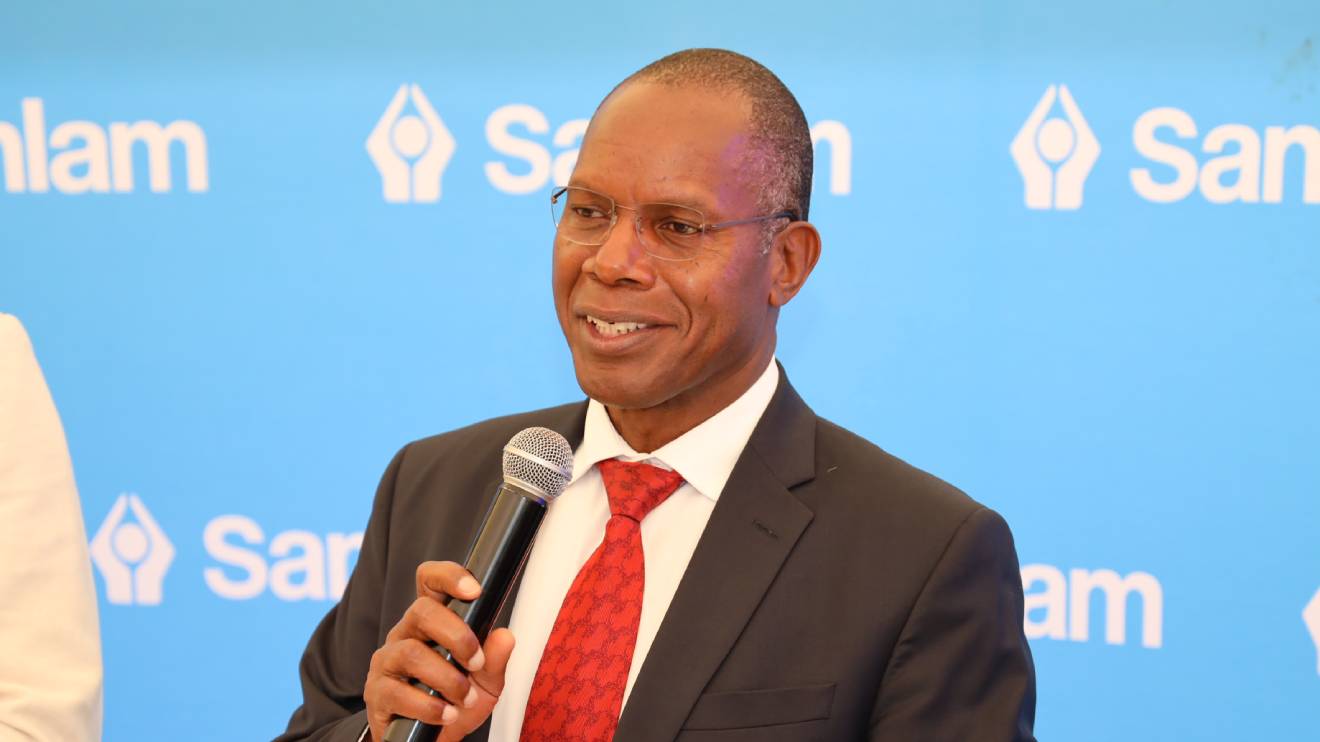National Treasury Permanent Secretary (PS) Chris Kiptoo has sparked debate by refuting the widespread claim of overtaxation in Kenya, citing regional comparisons and underutilized tax potential.
Addressing the Cabinet retreat in Naivasha yesterday, PS Kiptoo stated, "People are saying we are overtaxed, I don't think we are."
His assertion comes amidst public outcry against the current administration's tax policies, with some quarters deeming them "oppressive," particularly the contentious Housing Levy.
However, PS Kiptoo presented a contrasting perspective, highlighting examples of neighbouring countries with "more aggressive" tax regimes.
He emphasized the need for broader taxpayer participation to bolster national revenue.
Read More
"We think there is scope for us to really raise revenue because there are many people not paying taxes," he noted.
According to his estimates, only 8.5 million out of 20 million Kenyans registered with the Kenya Revenue Authority (KRA) actively utilize their Personal Identification Numbers (PINs) for tax purposes.
Even amongst these active users, compliance remains subpar, hindering the KRA from achieving its annual targets.
This statement stands in stark contrast to the ongoing public discourse.
The Kenya Kwanza administration has faced significant criticism for its tax policies, with the Housing Levy being a prime example.
Critics view it as an unnecessary burden on Kenyans already grappling with economic challenges.
However, President Ruto has consistently defended the government's approach, maintaining that increased taxation is crucial for economic stability.
In his own words, "This moment demands singular courage. Our commitment is under test. Only bold decisions will enable us make the best of these opportunities to unlock the possibility of the Kenya we all want."
PS Kiptoo's remarks have reignited the debate on taxation in Kenya.
While some agree with his call for wider compliance and cite international comparisons, others remain unconvinced, arguing that the current policies place an undue strain on ordinary citizens.
As the discussion unfolds, it remains to be seen whether the government's justifications will quell public discontent or if a revised approach to taxation may be necessary.









